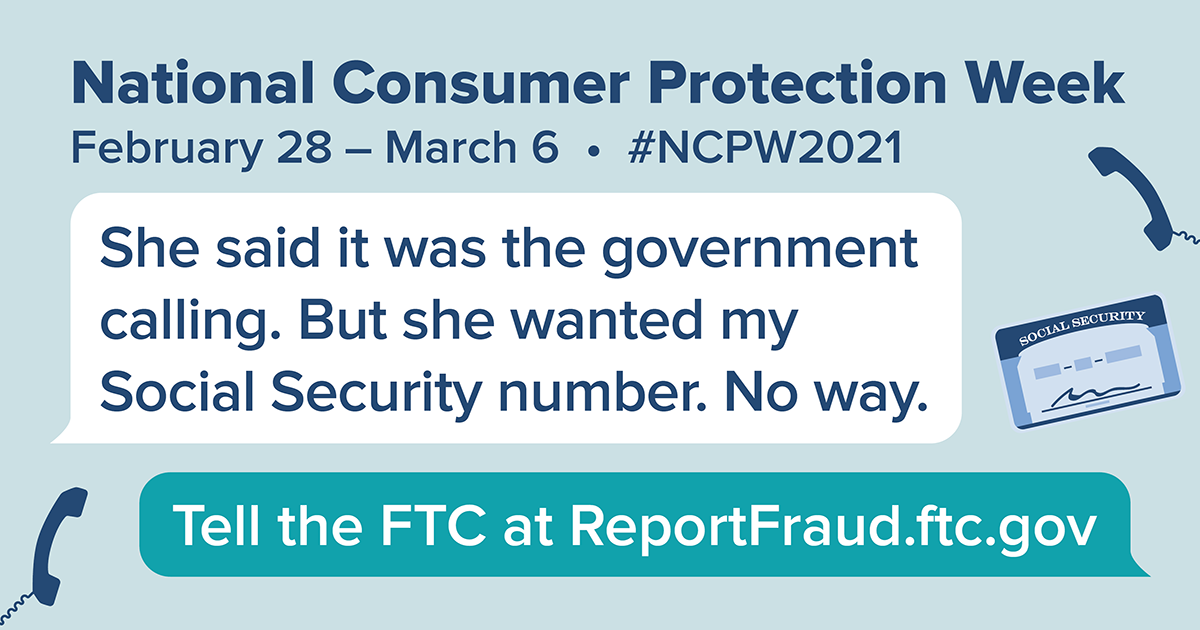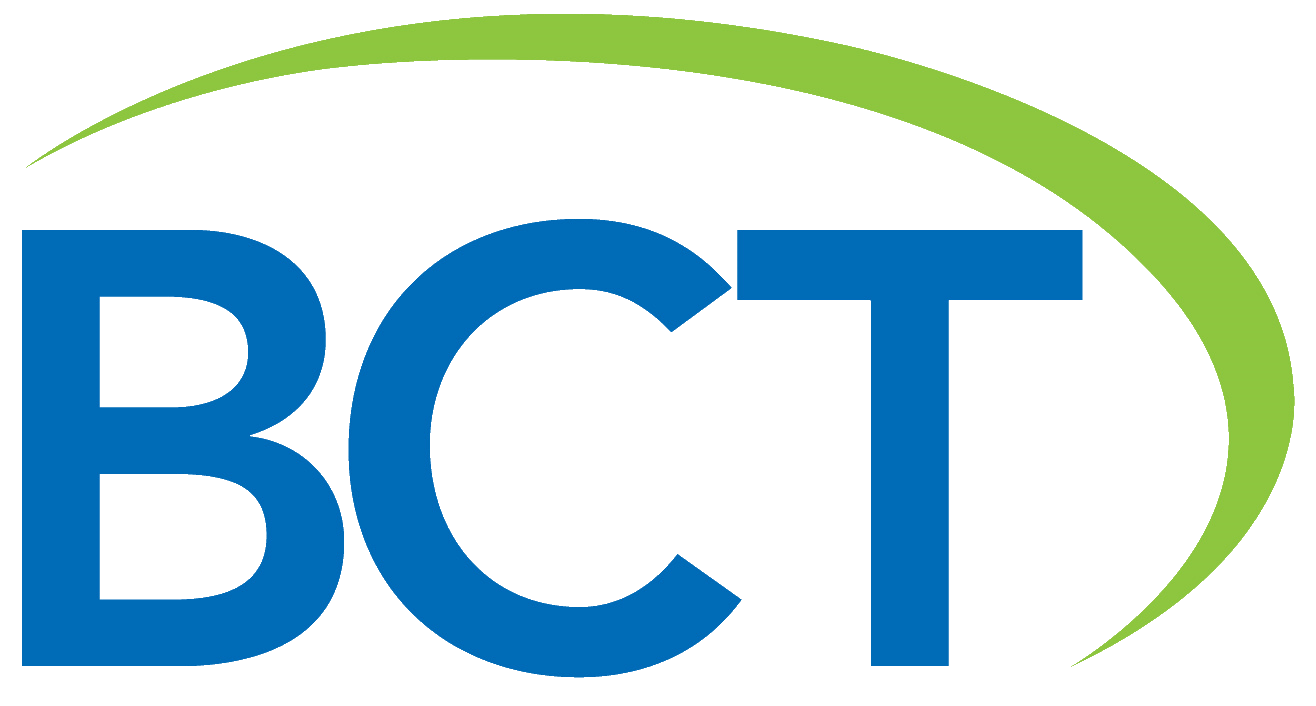When it’s Not Really the Government Calling
Lots of people are having trouble sleeping, thanks to the pandemic and all the parts of our lives it’s affecting. And it doesn’t help when you get a call saying you owe the government money. Oh, and, they add, you’ll go to jail if you don’t pay up immediately. That’s a scam, and nothing to lose sleep over. For those who are a little more cut off from people than usual, these calls might feel more real and worrying than they are. If you know someone might be cut off from others right now, reach out to them to make sure they know these calls are scams.
Here are some things you might share with them about government imposters.
First, plenty of people have spotted calls, texts, and emails from bogus government officials. In 2020, people reported losing more than $174 million to government imposter scams, with a median loss of $1,250.
Second, you can share a few ways to spot these scammers in the act:
- Don’t trust caller ID. Scammers manipulate caller ID to look like the call is coming from an official government number. Look up the agency’s number yourself, if you’re concerned, and give them a call. But don’t use the number in caller ID.
- Government agencies like the Internal Revenue Service (IRS) or the Social Security Administration (SSA) won’t call, text, or email you out of the blue to demand payment right away.
- Nobody legit will ever tell you to pay with gift cards, money transfers, or cryptocurrency.
- Never share personal information with anyone who contacts you. If you’re worried, look up the government agency’s information yourself to check with them.
- Sharing these tips might just help someone you care about sleep a little more soundly. And, of course, if you spot a scammer, talk about it, and then tell the FTC at ReportFraud.ftc.gov. Each report helps protect your community.
Sharing these tips might just help someone you care about sleep a little more soundly. And, of course, if you spot a scammer, talk about it, and then tell the FTC at ReportFraud.ftc.gov. Each report helps protect your community.

This blog post was updated on March 5th, 2021.
Go back to news feed.


